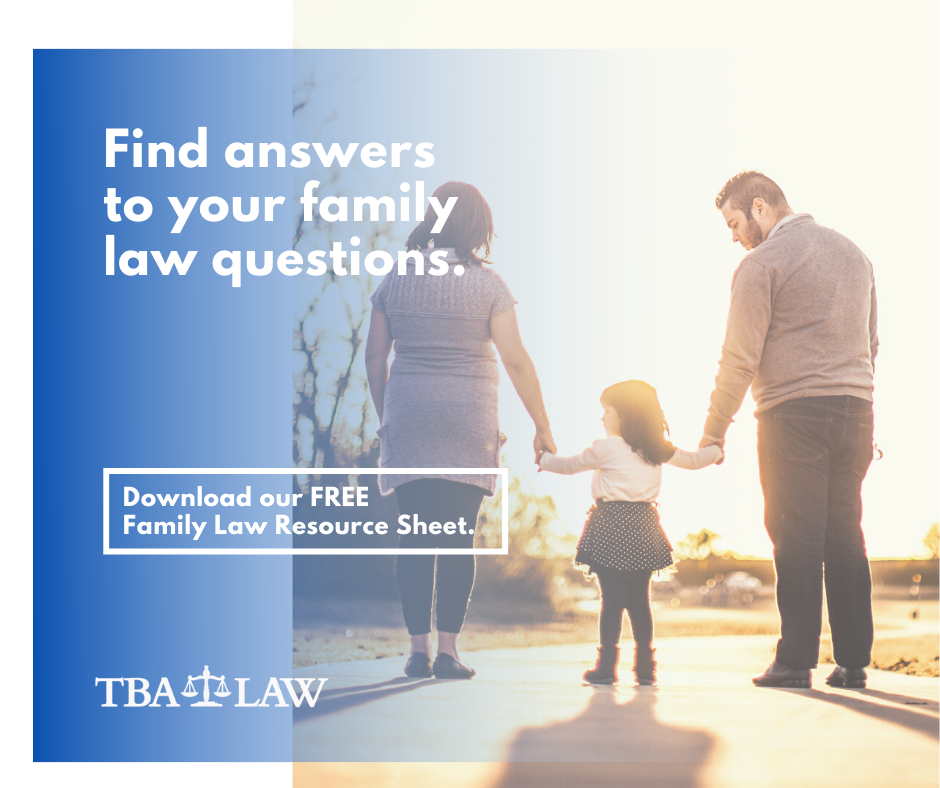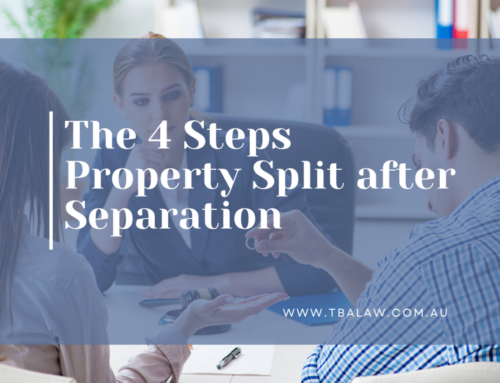Where to start when separating
So you’ve just separated from your partner – what comes next?
This is a difficult question to answer generally, as in family law each situation is unique to the parties. However, there are some general guidelines as to what may be a useful first step in resolving both the parenting and financial issues and where to start when separating.

The first step is always to look after yourself emotionally and physically. If you are leaving a situation of family violence, it is imperative that you seek the necessary help- whether that be the police to put in place measures to protect you or seeking assistance from a family violence support service. If you are struggling emotionally with the breakdown the relationship, we recommend parties seek help from a counsellor or other qualified professional, or at a minimum have a close friend or family member to discuss matters with to meet their emotional needs.
Next, you may need to consider what parenting aspects of the relationship need to be discussed. If appropriate, it is often worth the parties having a discussion about the matter to determine who the kids will live with, how much time they will spend with each party and other parenting issues. The situation is always easier where parties can have that discussion and come to an agreement. If no agreement can be reached, or a discussion is not appropriate, the parties may consider going to Family Dispute Resolution. This is a form of mediation which is facilitated by an independent third party. Although they cannot make binding decision, they will facilitate an open discussion between parties to try and assist them in coming to their own resolution.
Parties also need to consider the financial aspects of separation, particularly if the parties’ assets are intertwined. The first step to any financial resolution in family law is to determine what the asset pool is (the parties’ property, superannuation, funds and liabilities). This helps to work out what there is to be split up. We do this by exchanging financial disclosure, which is copies of bank statements, superannuation statements, valuations of homes and details of any other asset or liability. It may be prudent to start collating this information, especially if you need to have property valued.
If your former partner owns a property, like a second house, that you are not on the title for, it may be appropriate for you to lodge a caveat on the property. This registers your interest in the property and will prevent it from being sold without your knowledge, meaning that some of the asset pool is not disposed of without your knowledge.
Regardless of your circumstances, we recommend that once separated you come see a lawyer for some initial advice. Some parties even come to see a lawyer while considering whether they are going to formally leave their relationship. It’s important to get some specific advice, not just general, about where to start when separating.
We cannot only help you determine what issues are afoot, but advise on the best ways to resolve the matter formally to prevent issues arising in the future. As lawyers, we are also able to help set your expectation as to what a reasonable outcome of your dispute.
By consulting a lawyer early on in the separation process, we can help equip you with the tools to move forward.






Leave A Comment